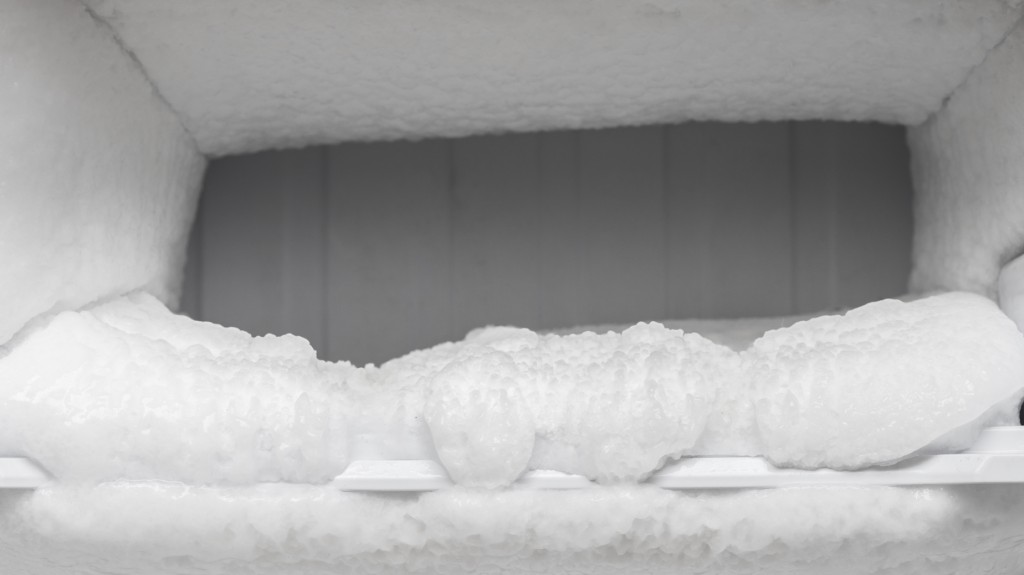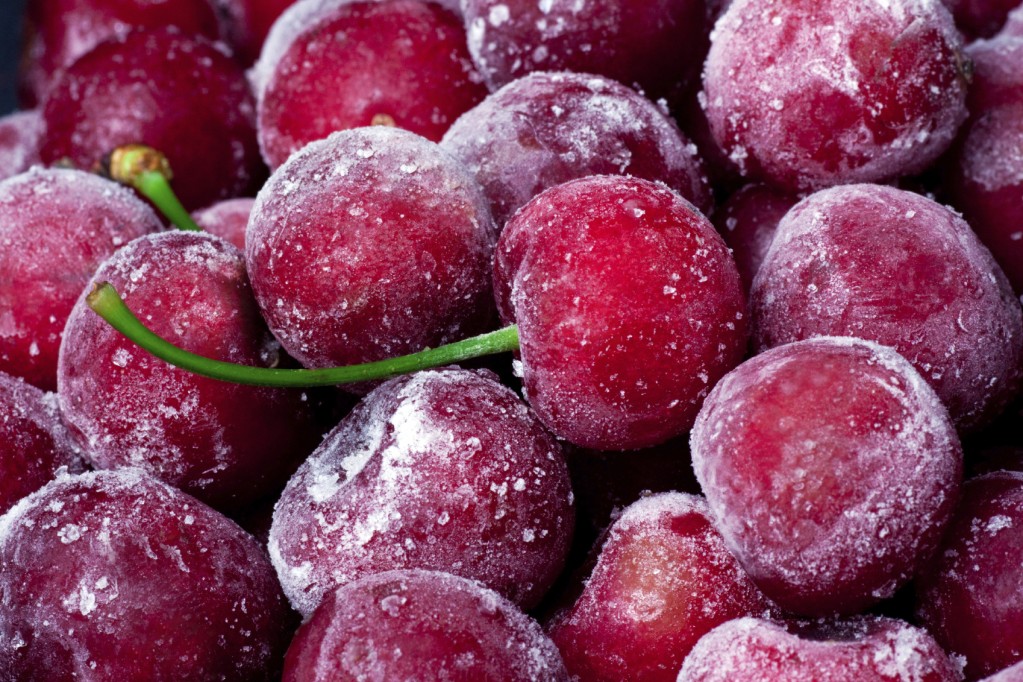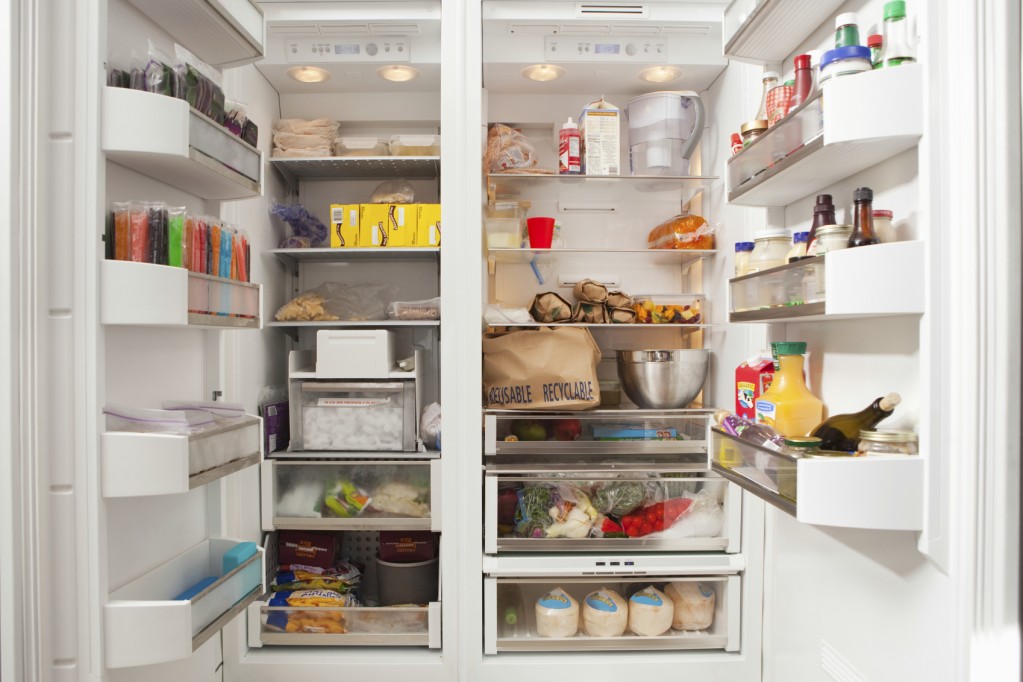The freezer is arguably one of the finest inventions on the planet, letting you save your food as well as saving money on buying more. A good freezer (like our cheap fridge freezers) will keep your food in perfect preservation for as long as you need; of course you want to be using your food as fresh as you can but if you’re in need of a small amount of mash, that stuff you froze months ago will be just fine! It won’t come as a surprise to anyone however when we say there are some ridiculous myths surrounding the issue of freezing food, so in light of helping you get the most out of your freezer, here are several of those myths debunked.

Myth: All Foods Can be Frozen Most foods will freeze under the right conditions meaning you don’t necessarily have to spend more money on food each week however, there are some foods which should never be introduced to your freezer (they don’t play nice!). Delicate vegetables such as lettuce will become brittle and practically disintegrate when frozen and thawed. Trying to freeze cream based sauces will cause them to either ‘break’ or curdle when thawed. Coffee is also a big no-no – especially the dark roasts. The oils that make them so special break down in freezing temperatures, allowing the coffee to readily absorb off-flavours. Eggs and stuff from tins can be a risk but, if you remove the contents of the can from their original packaging you should be fine; eggs are also okay if you remove them from their shell.
Myth: You Can Freeze Food Indefinitely While your freezer will keep your food looking and tasting fine for a good while, there is a limit- especially from a food safety perspective. Here’s a small timeline guide for certain foods:
- Soups, stews and casseroles: 2-3 months
- Cooked meat 2-3 months
- Uncooked steaks, roasts or chops: 4-12 months
- Cooked poultry: 4 months
- Uncooked poultry: 9-12 months
Of course how you store an item in the freezer will affect its freshness. The arch enemy of any frozen item is air coupled with moisture (think freezer burn) so if you can ward off those two elements, you’ll give your frozen foods a longer life. For the ultimate shield, look into getting a vacuum sealer as it sucks all the air from the packaging.
Myth: Freezing Kills Bacteria Freezing doesn’t kill anything; otherwise all those films with cryogenically frozen characters would have a much different tone. All freezing does is render bacteria inactive, meaning that if your food went into the freezer uncontaminated, it’ll be fine but if it was contaminated, it’ll still harbour the same harmful bacteria. Cook your food to the right temperature to ensure its safety.
Myth: Frozen Food has Fewer Nutrients This is a myth that has some humour to it, as the opposite can actually be the truth. That’s right, some fruit and vegetables can be much healthier frozen than some of the fresh produce sold in supermarkets. Why’s this? Well because they tend to be processed at their peak ripeness- when they are at their most nutrient-packed. If you leave your frozen fruit and veggies for too long though, the nutrients will inevitably degrade. Another little tip: steam or microwave rather than boil your produce to minimize vitamin loss.

Myth: Food Can’t be Re-frozen You can freeze and defrost an item as much as you like, as long as the food hasn’t been left outside the fridge for more than two hours. One point to be aware of however, is that re-freezing anything uncooked, meat especially, will degrade the quality due to a loss of moisture in the thawing process. So, while it’ll be A-okay to refreeze food from a culinary standpoint, it’s best to avoid re-freezing if possible.
Myth: It doesn’t Matter Where You Store Your Food in the Freezer The freezer door is a really handy place to store your frozen items but it might not necessarily be the best place for long term storage. Every time you open your freezer, the temperature on and near the door fluctuates meaning that the food will remain frozen, the freezing process could be slowed with the possibility of your food losing its integrity. To prevent this, store your long term frozen food toward the back of the freezer where the temperature is at the lowest and put your ‘soon to be consumed’ food near the front.
One last fun fact about freezers: if you have a power cut, keep the door to your freezer closed as a full freezer should remain frozen for up to two days without electricity.
Hopefully this has been informative and beneficial to you with all your freezing needs. To put your new freezer knowledge to the test, why not get yourself a new fridge freezer? For more information, contact us on 0121 327 3273 and speak to one of our friendly team members who can help with all your fridge freezer needs!








